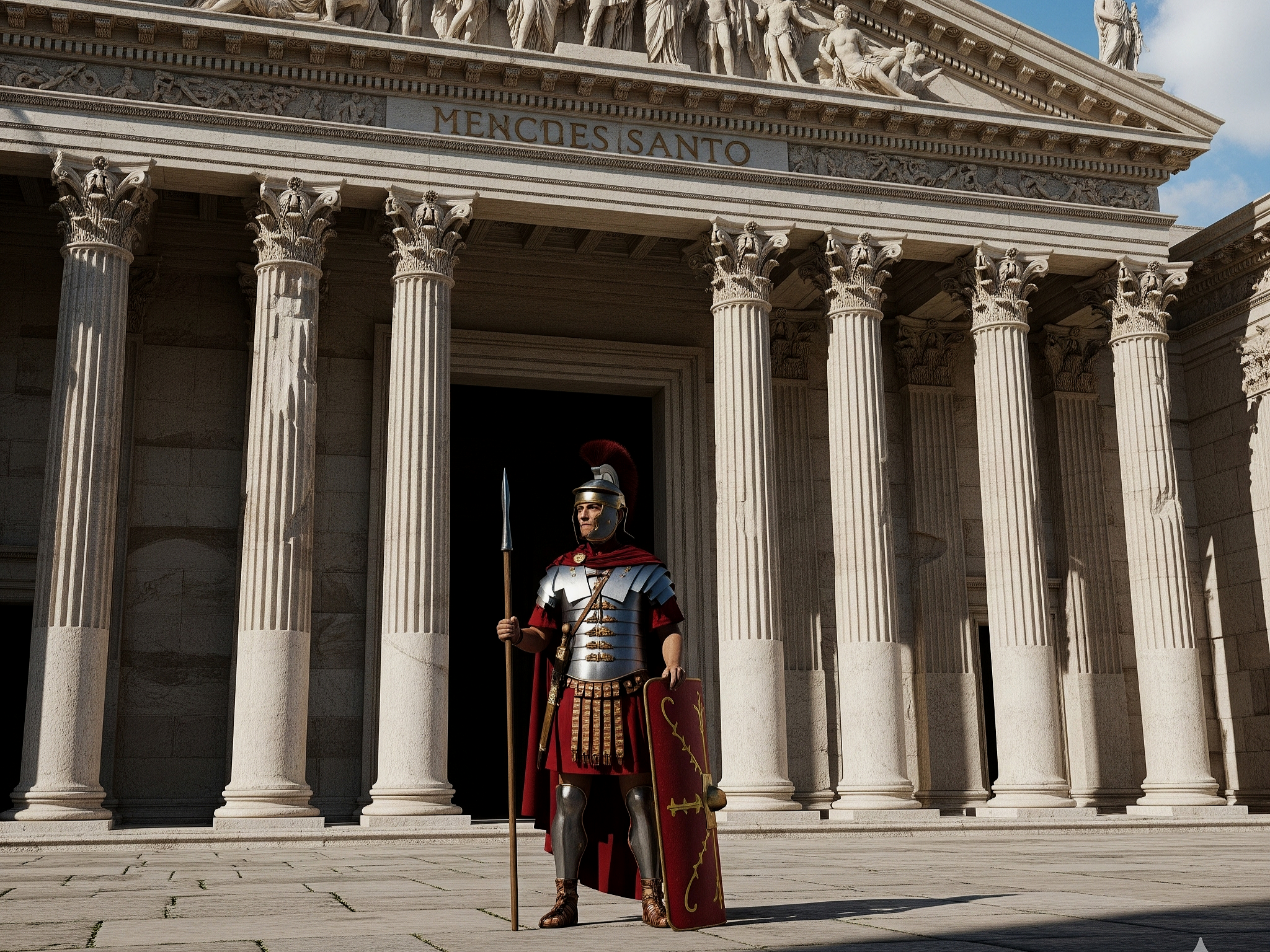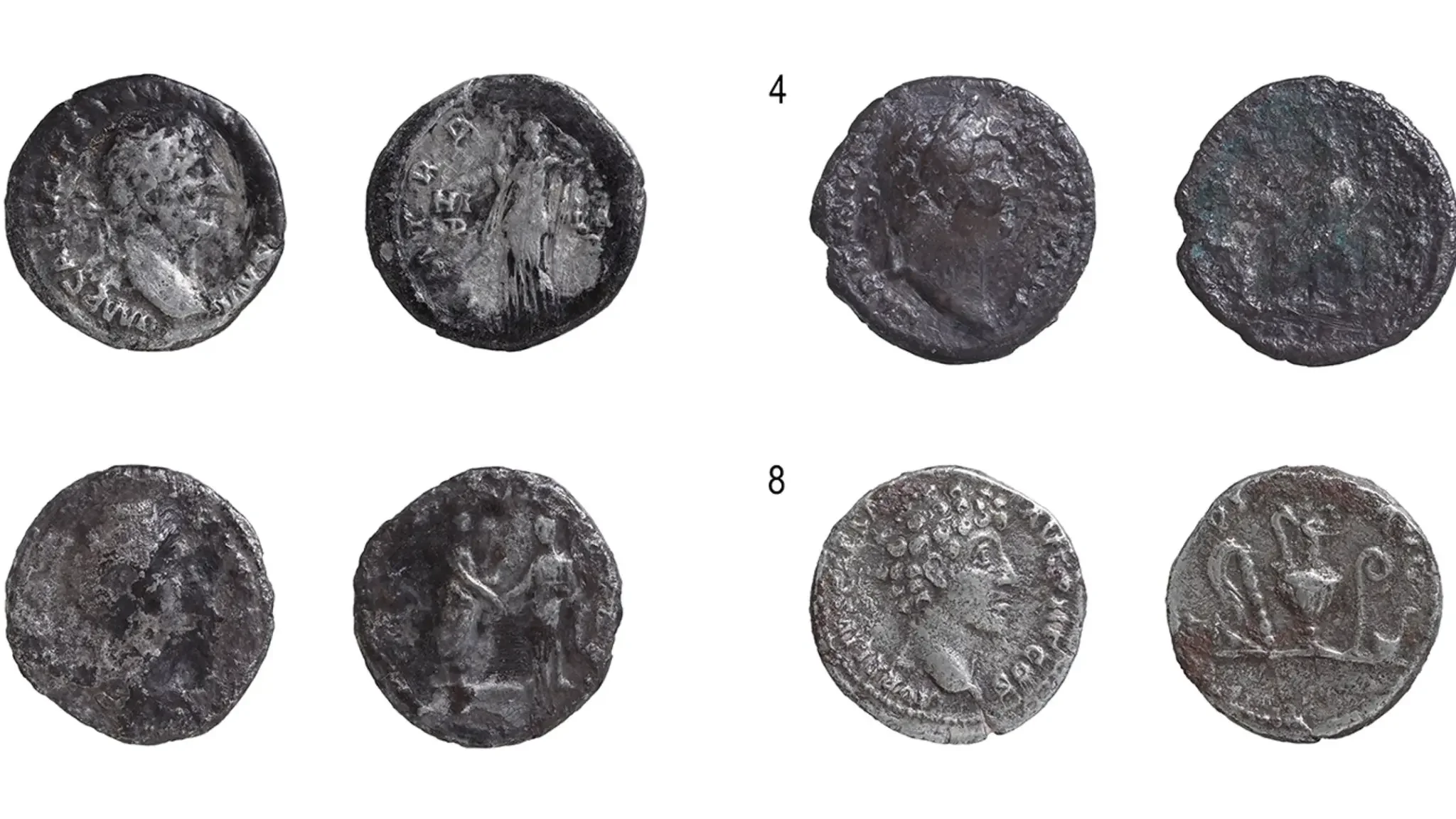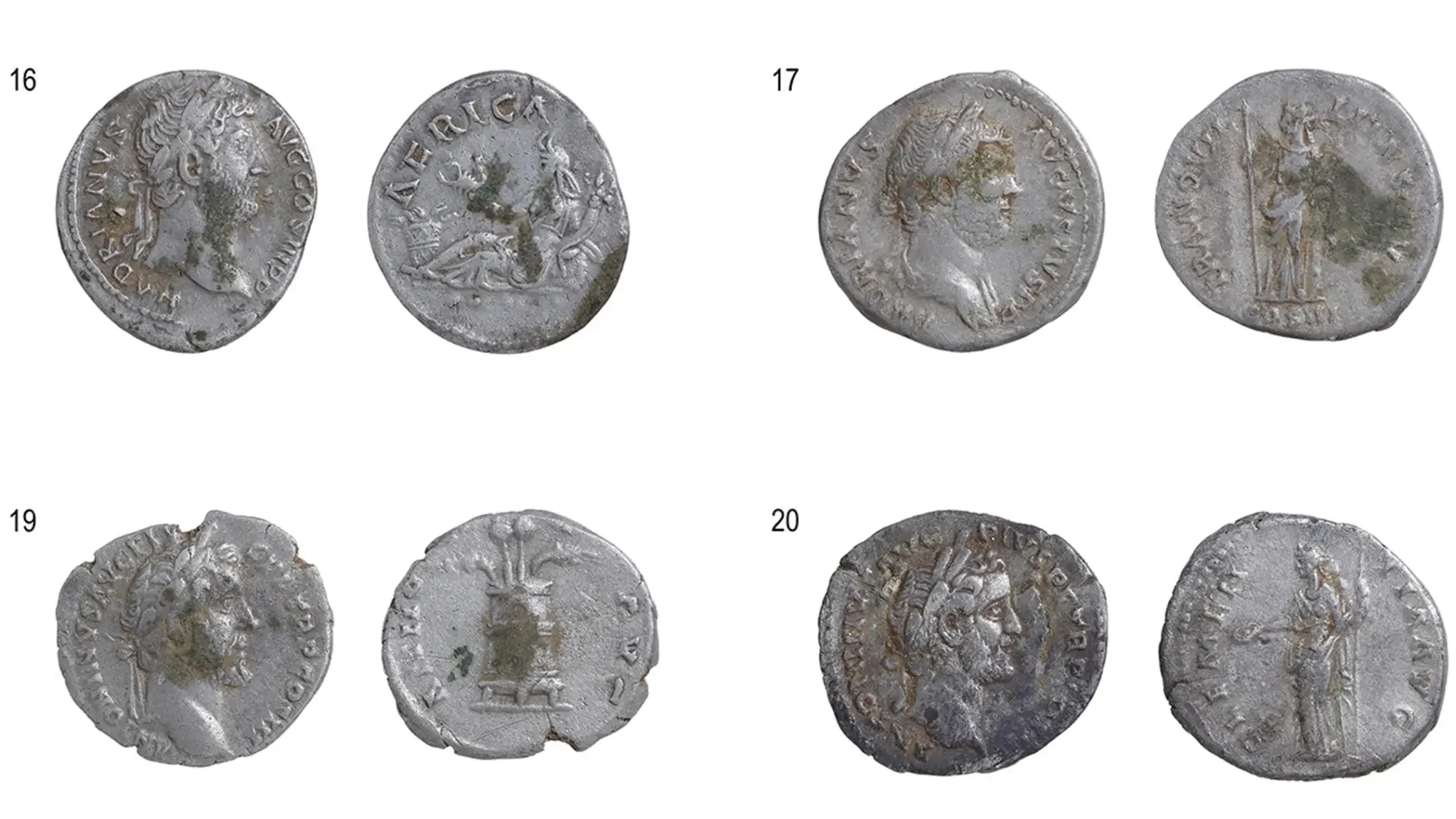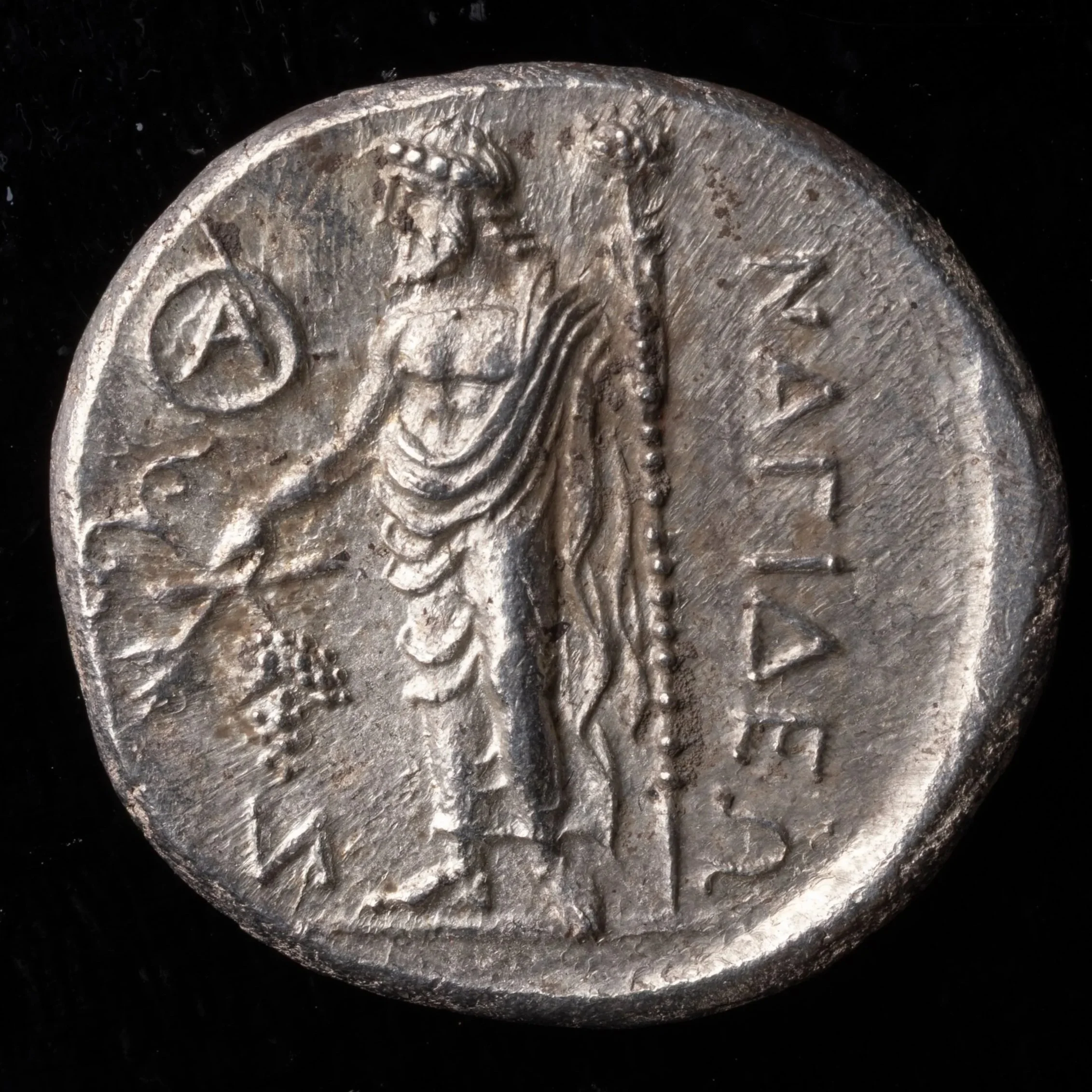Roman Soldier's "Paycheck" Found in Norfolk: A New Window into Ancient History
Imagine holding history in your hands. Not in a museum, but a piece of it that was once held by a Roman soldier almost two millennia ago. That's the feeling now captivating numismatists and history enthusiasts worldwide, thanks to a remarkable discovery in a Norfolk field.
British officials have just officially revealed the find of twenty-five Roman silver denarii, calling the collection a Roman soldier's "paycheck." Discovered by a metal detectorist near the village of Great Ellingham, this small but significant hoard offers a tangible link to the daily life of someone who lived in Roman Britain nearly 1,900 years ago.
The Story Behind the Coins
This isn't a buried treasure of gold, but a collection of silver denarii, the standard Roman silver coin. The coins date to the turbulent period of the 160s and 170s AD. This was a time of significant change and military activity for the Roman Empire, and this Great Ellingham hoard provides a pristine snapshot of the currency of that era.
What makes this discovery truly special is the condition of the coins. They show very little wear, suggesting they were buried shortly after being minted and didn't circulate widely. Among the collection are coins depicting a roster of emperors who shaped the Roman world:
Hadrian, known for his massive wall across Britain.
Vespasian, who rose from military general to found the Flavian dynasty.
Trajan, a successful warrior-emperor who led the empire to its greatest territorial extent.
Marcus Aurelius, the "Philosopher King."
The reverse sides of the coins are equally fascinating, featuring symbolic imagery. One rare find is a "Judaea Capta" type, a tribute to Rome's conquest of Judaea and the destruction of the Second Jewish Temple, a poignant reminder of the empire's vast reach and power.
Andrew Williams, Norfolk County Council
Andrew Williams, Norfolk County Council
More Than Just Money
Historians estimate that 25 denarii was the monthly salary of a Roman legionary. This means we are likely looking at a month's wages, carefully saved or perhaps lost by its owner. It provides a deeply personal connection to a Roman soldier, who may have been stationed in Britain, far from home, defending the empire's frontier.
The hoard also highlights the stability of Roman currency. The presence of coins from different emperors shows that currency from a previous reign remained valuable, a testament to the longevity of the Roman monetary system.
Why This Discovery Matters to Collectors
Cicilia Stater coins, Kinzer Coins Archive
At Kinzer Coins, we believe that owning a coin isn't just about collecting; it’s about preserving a piece of history. This Roman coin hoard from Norfolk is a perfect example of why this passion endures. It’s not just about the metal and the historical figures; it's about the stories. It's about a man's livelihood, a simple object that survived centuries in the ground, waiting to be found.
For collectors, a discovery like this fuels the desire to own a piece of that narrative. While the Norfolk hoard may be destined for a museum, you can find your own tangible link to ancient Rome. Our curated selection includes a wide range of Roman silver denarii, each with its own incredible story to tell.
Whether you're looking to buy ancient Roman coins for the first time or add a rare piece to your collection, we invite you to explore our online catalog at www.kinzercoins.com. We offer authentic pieces that allow you to hold the weight of history in your hands.
Kinzer Coins specializes in authentic ancient coins. We are dedicated to providing collectors with high-quality, historically significant pieces. Explore our collection of Roman, Greek, and Byzantine coins today.





